This country is facing an alarming shortage of skilled labor and trade workers. Is there a way to solve this universal issue? Many believe the answer lies in education. Lancaster County is fortunate to have a top-rated school – Lancaster County Career & Technology Center – and a highly ranked college – Thaddeus Stevens College of Technology – that are striving to provide solutions and manpower to industries that are most impacted.
The total number of workers hired by U.S. businesses increased to 5.9 million for the month of April, according to data collected by the Job Openings and Labor Turnover Survey (JOLTS), and released by the Department of Labor in early June of this year. The total number of hires was the most recorded in the JOLTS series’ history dating back to December 2000.
However, the amount of available jobs still surpasses the number of unemployed workers. According to a report by the U.S. Bureau of Labor Statistics, “For two decades, there have been more available workers than available jobs.” Yet, that suddenly changed in 2018.
The issue is also a concern statewide, as evidenced in the Pennsylvania Chamber of Business and Industry’s 28th Economic Survey that was conducted in August 2018. As stated in The Philadelphia Inquirer, “For the first time ever, more job creators – 14% – listed difficulties finding skilled and qualified employees to fill open positions as the biggest problem facing their companies over any other issue.” The skills of plumbers, nurses and everything in between are in high demand, especially those in the skilled trade sector.
So, what’s causing this skilled labor gap? Several factors come to mind: a growing number of students preferring to attend a four-year college; blue-collar baby boomers retiring without a younger generation to take their place; the rise of automation, such as robots, has moved slower than predicted; lower-income workers leaving the workforce on disability claims (including drug addiction), and the list goes on.
Lancaster County Career & Technology Center
There were approximately 1,300 students enrolled for the 2018-2019 school year at the Lancaster County Career & Technology Center (LCCTC), which is comprised of the Willow Street, Brownstown, Mount Joy and Health Sciences campuses. Students in the 12th grade – from all of the 16 high schools in the county – who have an interest in the trades, attend one of those campuses, depending on which program they want to take. There are also adult-education programs offered at LCCTC, through which you can earn a certificate or associate degree, improve your skills or learn a new one.
The Mount Joy campus offers a range of programs, including welding, mechanical engineering, precision machining, culinary arts and more. Dave Smith, principal at the Mount Joy campus, says the school’s welding program has seen a huge increase in interest and enrollment. “Welding seems to be our biggest program right now. Three years ago, we decided to go from 24 students to 40 high school students to help meet the need,” he explains. “We built a brand-new lab, specifically for the adult side, so they can run some trainings during the day when our high school side is being used. In the evening, both labs are being used up until 9 or 10 o’clock by adults. I think we’re already really scratching the needs of what’s out there.”
The Mount Joy campus also received a grant from BB&T Bank (which the school’s foundation and other employers matched) that helps to provide a free 10-week training session for welding and a free 17-week training session for electric mechanical. “The idea for that is for someone who just wants to get their feet wet. They need to be underemployed or unemployed, and we bring them into the program, and then they are able to go out and get jobs in the field,” says Amber Kreger, who is LCCTC’s director of higher and continuing education at the Mount Joy campus. “Our hope is that they continue on with us in a full-time program so that they can build upon those skills; it’s a good start to help fill that gap.”
Other ways of combating the shortage involve adding new programs (including a new apprenticeship program through Project Spark), meeting with employers in the trade industries to understand what needs they have, hosting tours and open houses, and changing the mindset of parents and educators. “Years ago, there was a push that every kid had to go to college for a four-year degree,” says Dave, who is of the opinion that “That mindset is with the parents; they feel that’s the way their child is going to do better than what they [the parents] are doing, without understanding that somebody in welding can start off at $14 or $15 an hour, easily, with benefits, and make a very good living being a welder, machinist or carpenter.”
Amber adds, “I think, too, that the perception of a student who comes to the CTC should be changed. To be a machinist, you need to have strong math skills, so you need to be looking at the students who are excelling in math and those areas. I think it’s also changing that perception of who would come into these sorts of programs and what that can do for their future.”
A concern of some students is that they will miss out on special events, club activities, sports, etc., at their home school if they are enrolled at LCCTC. “I think sometimes there is some apprehension of leaving their school district, but they can still participate,” Amber points out.
Two more areas of potential growth at the LCCTC include the expansion of the center’s health programs and the housing project in the residential carpentry program. “We have an aging population, so while manufacturing and construction may go up and down, healthcare is one of those solid fields where there’s a need,” Dave observes. “We’re looking to expand our high school side and some of the initial introduction courses and, hopefully, guide some of our students into our LPN programs or into other institutions that have a need.”
The residential carpentry program provides students with hands-on experience by enabling them to build actual homes. “It takes us about two years to build a house, and then we’ll sell that house and the land it’s built upon,” Dave explains. “Our residential carpentry students do the framing, the siding, the roof and all those areas, and then the electrical students from Brownstown come down and do the wiring.” Students in other programs – HVAC, plumbing, painting, etc. – provide their expertise, as well. “It’s really a cross-campus project,” Dave emphasizes. “Our plan is for the students to see the beginning of a house and the finishing of a house. By having two houses going at the same time, they can see the start and the finish.
It’s about the curriculum; that’s why if it takes us about two years to build a house, it’s OK because there’s a learning process that goes along with it.”
For more information about LCCTC, visit lancasterctc.edu.
Thaddeus Stevens College of Technology
You’re probably aware that the college is named in honor of the man who was one of Lancaster’s best-known philanthropists and one of the country’s most outspoken supporters of the underprivileged. Those two elements laid the groundwork for the college that bears Thaddeus Stevens’ name.
Life for the Vermont-based Stevens family was challenging. Two of the four boys (including Thaddeus) were born with clubfeet, which led to a life of what we in the 21st century call bullying. The patriarch of the family was an alcoholic who eventually deserted his family and was killed in the War of 1812.
Mrs. Stevens saw education as the solution to the family’s plight and somehow raised the money to send Thaddeus and his older brother, Joshua, to a nearby school. Thaddeus excelled in school and was accepted at Dartmouth College. After graduating, he taught school in York County, all the while studying law at night. After passing the bar exam, he established a law practice in Gettysburg, eventually moving to Lancaster.
In 1833, he was elected to the Pennsylvania House of Representatives. During his tenure in the House, he played a critical role in the passage of a bill (and prevented its repeal) that would make Pennsylvania one of the first states to provide children with a free public school education.
Despite the passage of the bill, he took it a step further and bequeathed $50,000 in his will so that a school could be established “for the relief and refuge of homeless, indigent orphans” who would be “educated in the various branches of English education and all industrial trades …”. That bequeath provided the foundation for what is now the Thaddeus Stevens College of Technology. The state’s first technical college was established in Lancaster in 1905 with 15 students on its roster. The state named it in honor of Stevens.
Today, Thaddeus Stevens College of Technology, which boasts 1,200 students – men and women – offers 23 associate degree programs, including such areas of study as carpentry, plumbing, cabinetmaking and wood technology. The college’s mastery of the building trades is reflected in the row homes students began building in Lancaster City during the 1950s. In the fall of 2016, the school branched out and began building homes in the Millersville area.
“It was a great experiment. At that point, we wanted to draw some attention to make people aware of what we do, because not a lot of people understand what we do,” explains sophomore carpentry instructor Dan McCord. “So, we wanted to do something to get that attention, and we entered the Parade of Homes.” The custom home won Best of Show honors in 2017. “We weren’t really expecting to, but that just kind of opened up the flood gates, and we hope that continues,” he remarks.
Continue it did – this year’s house, located on Edington Place near Millersville, took first-place honors for exterior, interior design, kitchen, bath and décor in the Townhouse/Duplex Division I category, thereby claiming Best of Show honors for that division.
Another interesting fact is the rate at which students are getting hired as soon as they graduate from Thaddeus Stevens. Dan shares that one of his former students had seven job offers before he even graduated. “Our hours for the morning classes are technically 7:30 a.m.-12 p.m. I had students all semester, but I had probably three guys who came at 6:30 a.m.; one kid would come at 6 a.m. They’re dedicated,” Dan says. “… I think we were in the 90s for carpentry as a whole, like 96% [for job placement rate]. I might’ve had one student who didn’t get a job offer this year, and that’s simply because his attendance was horrible, his attitude was not good, and I can’t give a good reference if it’s not deserved. But, if you apply yourself, you’re going to get a job.”
The industry is definitely “booming.” He says it’s funny how things have changed since he graduated from college less than two decades ago. “It’s always been there, that gap, but especially right now with everything booming the way it is. Now, we have companies coming out to the housing project. One company brought donuts one day. Another company brought drinks. I’m thinking to myself, ‘When I graduated college, you had to take the donuts to them,’ and now they’re bringing them to you. So, it’s pretty crazy how that has changed.”
Dan agrees that all areas of the skilled trades are in need of workers. “We have people coming to us saying, ‘We need carpenters, we need roofers, we need carpet installers,’ all screaming the same thing. I feel badly, but I only have so many students.”
Similar to the perception Dave and Amber spoke about at LCCTC, Dan also saw the push for a four-year college degree. Millennials, as well as some Gen-Xers, are seeing debt pile up because of student loans. However, Dan says, “When they graduate here, they don’t have all that debt because we’re not that expensive. So, it’s a win-win situation.”
Though the college is growing, it still has a number of potential students wanting to enroll but can’t because of limited space. “We promote to try to grow our programs, and I know our president, Dr. William Griscom, is always trying to grow the school for that reason because there’s such a demand in the trades,” Dan says. “He and Alex Munro, who runs the alumni association, are always in Harrisburg beating the drum and trying to get us more money so we can put more things in to get more students. I think the figure I heard was something like 2,000 students can’t get in who want to get into Stevens. We are aware of it, and we’re trying to grow, but we need help in doing that.”
One way Thaddeus Stevens and the LCCTC help create connections for their students is through the Building Industry Association of Lancaster County. Dan says the connection to the trade association grows stronger with each passing year. “I know Pauline Wilton wants to start getting some of the students out to some of their events, so companies can meet them more that way. We’re also going to be working with them to try to find more land to build on in the future and also in staying up to date on the codes,” Dan shares. “Having them is absolutely essential. We use them more than most builders, I would say, and we’re going to use them more in the future.”
Dave Smith also states that the BIA is very supportive of the LCCTC. “A lot of it is connections and networking. They always invite us to the BIA Spring Show.” The BIA also invites LCCTC personnel to industry luncheons and events. Students are also given the opportunity to meet BIA members. “If we need contacts or if we think that they can help us out, they’ll guide us to who we need to contact,” Dave notes.
Both institutions are also very proud of their NOCTI scores. NOCTI stands for National Occupational Competency Testing Institute, which is similar to an end-of-the-year test for those in the skilled trades. Dave explains that you either score basic, proficient or advanced. “As a system, we hit 95% – we got either proficient or advanced. This was a little bit higher than in the past. The last three years, we’ve been around 91% or 92%, so we had a little increase here. This was a good year. For instance, at Mount Joy we hit 97% for this year, which was the highest we’ve had in about a decade.”
For more information about Thaddeus Stevens College of Technology, visit stevenscollege.edu.
There’s Work to be Done!
By Sue Long
No matter where she goes, Karen Watkins, who has served as the executive officer of the Building Industry Association of Lancaster County since 2013 and is a former member of the Executive Council of the Pennsylvania Builders Association, says the topic of conversation is the same: the dearth of skilled labor that is affecting the industry. “It’s just not here,” she says. “It’s everywhere. It’s a nationwide concern.”
Between younger generations not seeking careers in the trades and baby boomers reaching retirement, the concern is growing expeditiously.
As a result, companies are responding to the skilled labor gap in unprecedented ways. Some are offering signing bonuses. Others are providing on-the-job training. Still others are enticing potential employees with perks and attractive benefits packages.
Advocating for the Trades
Eleven years ago, Mike Rowe launched the Mike Rowe Works Foundation with the goal to re-educate Americans that careers exist beyond those that require four-year college degrees. If you’re not familiar with Rowe, he is the host of Discovery’s Dirty Jobs. During the show’s 10-year run, Rowe traveled to all 50 states and tackled more than 300 jobs.
On his website, Rowe shares that through Dirty Jobs, he was afforded the opportunity to work with plumbers, pipefitters, electricians, farmers, brick layers, fisherman and a host of other tradespeople. He came away impressed by their talents and dedication to their trades.
Slackers they weren’t.
Dirty Jobs had a profound impact on Rowe. He became aware of the disconnect that exists in America where work is concerned – trades have become an endangered species. In his estimation, the “corner office is glorified, but the process of building it is belittled.” He is appalled that vocational schools, community colleges and apprenticeship programs are viewed as “alternative” levels of higher education. On the high school level, he is dismayed that, like the arts and physical education, vocational programs are being underfunded or eliminated altogether. In his opinion, America must redefine the definition of a good education and with it, a good career. He has spent the last decade testifying before Congress, speaking to chambers of commerce and appearing on any news show that will have him.
How bad is it? Student debt now stands at $1.6 trillion, making it the second-highest debt category in the U.S. According to a study conducted by Merrill Lynch and Age Wave, 36% of college graduates question whether the debt they incurred was worth the degree they earned.
On the flip side, in mid-June the Bureau of Labor Statistics reported that there were more than 7 million skilled labor/trade jobs available across the U.S. that don’t require a four-year degree. Peruse Rowe’s website and those jobs – ranging from plumbers to heavy-equipment operators – are available all over the country.
Rowe is not just talking the talk. He is taking action. The Mike Rowe Works Foundation not only serves as a PR machine for the cause, but it also provides scholarships to individuals who have the desire to learn skilled trades through accredited schools or programs. Thus far, the foundation has awarded more than $5 million to over 1,000 recipients representing 15-plus trades.
For more information, visit mikeroweworks.org.
Hands-on House Children’s Museum
Several years ago, during the installation of a new exhibit, space was going unused at this museum whose target audience is 2 to 10 year olds. So, museum officials erected a temporary “Construction Site” that allowed visitors to become engaged in the building industry. “It was a huge hit with visitors – boys and girls alike,” says Becca Stamp, the museum’s development and community relations coordinator. “People were sad to see it go.”
The success of the temporary exhibit inspired an idea that was further spurred on by the widening skilled labor gap. With the support of the Associated Builders and Contractors (ABC), Keystone Chapter, and the Building Industry Association of Lancaster County (BIA), a vision for a new exhibit – HOH Construction Co! – took hold. The new exhibit, which will take the shape of a two-level job site, will focus on skilled trades, including carpentry, plumbing, electric and masonry. “It’s going to provide children – especially those at the upper age range of visitors – with an introduction to such career opportunities,” Becca explains, noting that the museum receives 50,000+ visitors on an annual basis, plus provides outreach programs to local schools.
The museum’s leadership team and board are hopeful that the Hands-on House exhibit will encourage children and parents to view skilled trades as viable careers. “We’ll help to plant that idea early on,” says Becca.
As with all museum exhibits, HOH Construction Co! will provide parents and children with hands-on activities that promote problem solving, creativity, innovative thinking and exploration.
The exhibit is slated to open in early 2020. Construction of the exhibit is being handled by ABC, whose apprentice students are doing the “hands-on” work for it off-site. ABC is on-board as the title sponsor, while the BIA is the Carpentry Trade sponsor.
For information about the museum and updates on the project, visit handsonhouse.org.
Haller U
Haller Enterprises, which is based in Lititz, launched Haller University last September. Because Haller provides plumbing, electrical and HVAC services to its residential and commercial customers, company officials saw the labor gap widening and took a hands-on approach to solving it before it reached the crisis stage.
Haller’s educational approach includes Field Ready Programs, which are intensive courses – Monday-Friday, 8 a.m.-3 p.m., for 6-8 weeks – that are geared to new hires who have little to no experience in plumbing, HVAC and electric. Those who are accepted into the programs earn paychecks as they undergo training.
Like trade schools and colleges, Haller U is equipped with training labs, and students are afforded the opportunity to learn from guest lecturers. Team-building training is also part of the curriculum. When students complete their courses of study, they receive certificates of accomplishment. However, the learning doesn’t stop there. Seasoned employees can receive advanced training in their respective fields, as well as product education and personal development coaching through Haller U.
Like many businesses searching for younger generations of employees, Haller is marketing its training center via the internet and social media, including YouTube, Facebook, LinkedIn and Instagram. And, it seems that Haller and others in the industry have an advocate in yet another high-profile television star – Kevin O’Leary of Shark Tank. He is of the opinion that college isn’t for everyone and recommends that those contemplating their next move should consider trade and technical schools. “Plumbers make a nice living, plus everyone needs one – even in a recession,” he says. Perhaps that’s why U.S. News & World Report ranks plumbing as one of 2019’s 100 Best Jobs.
For more information about Haller U, visit halleru.com.





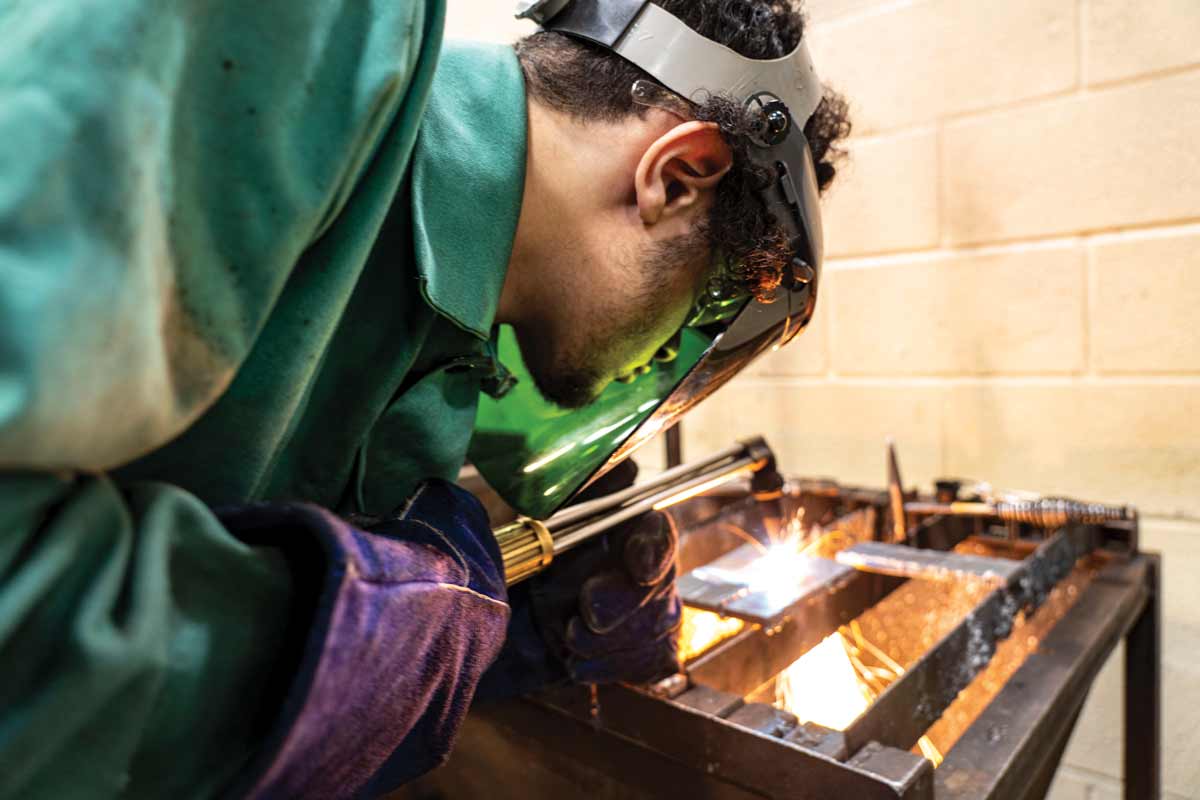
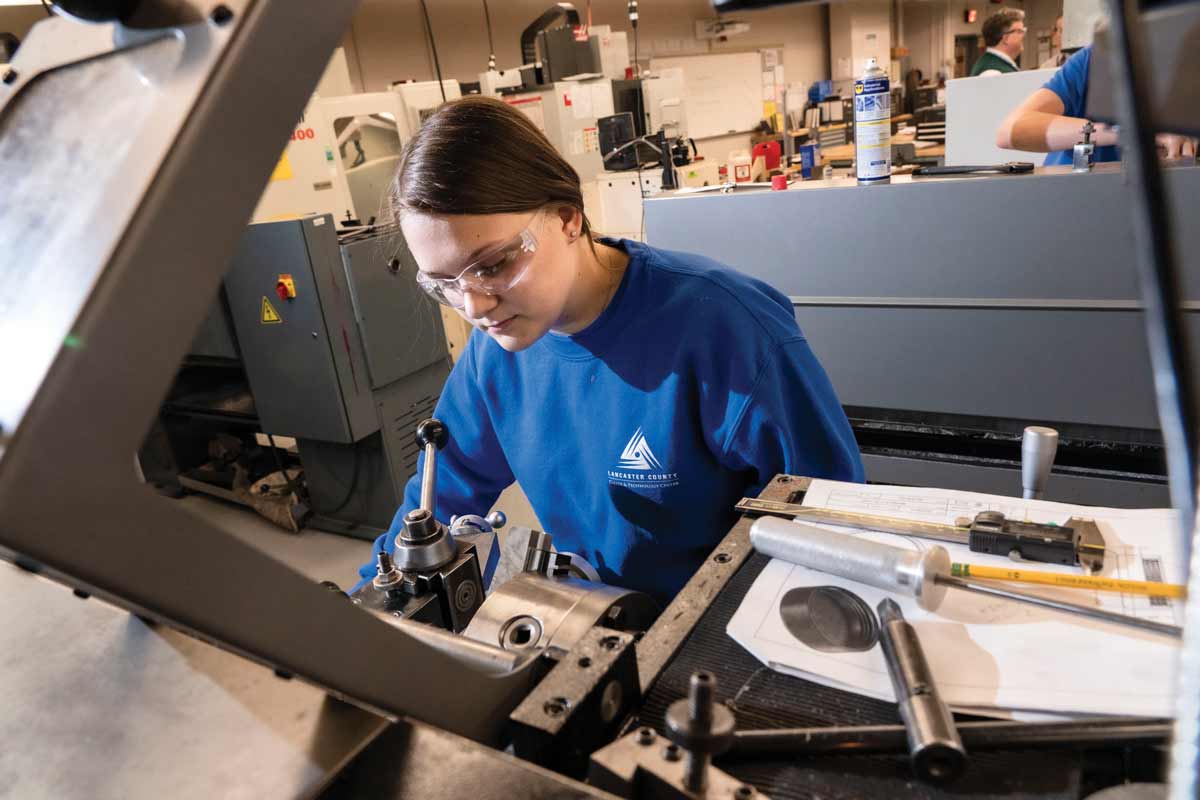
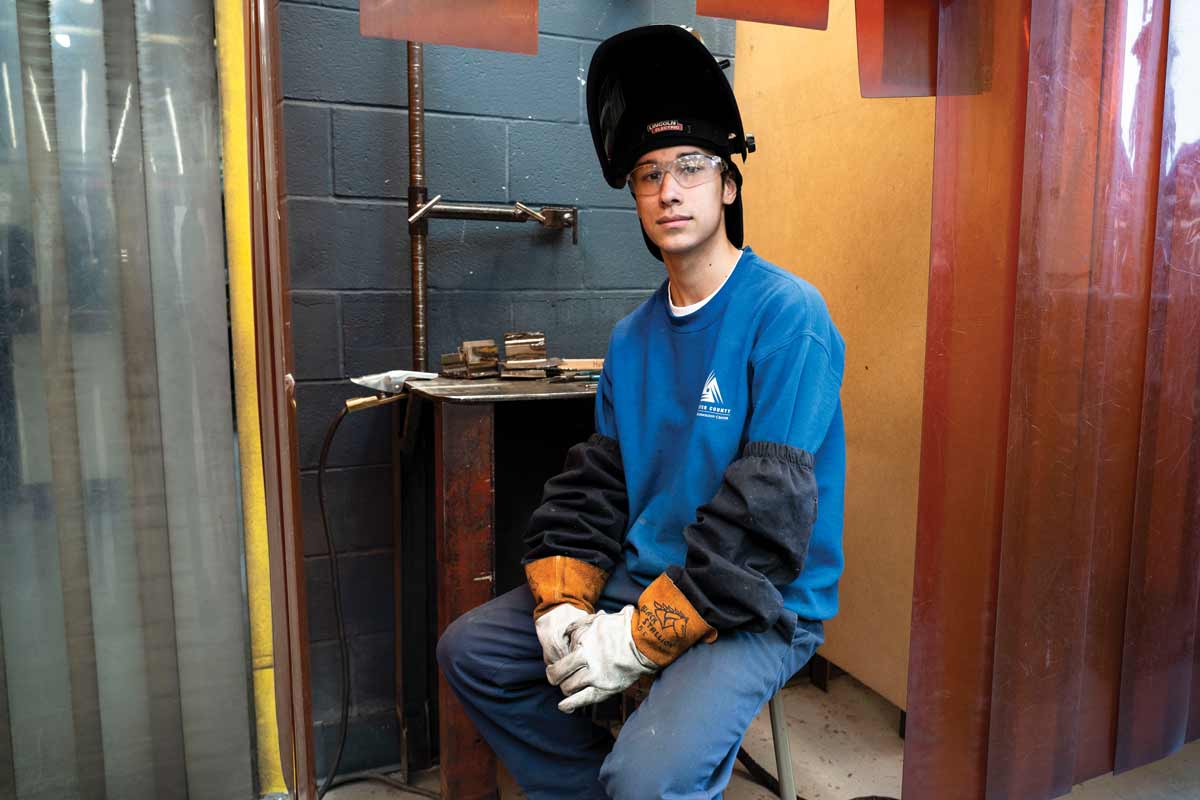
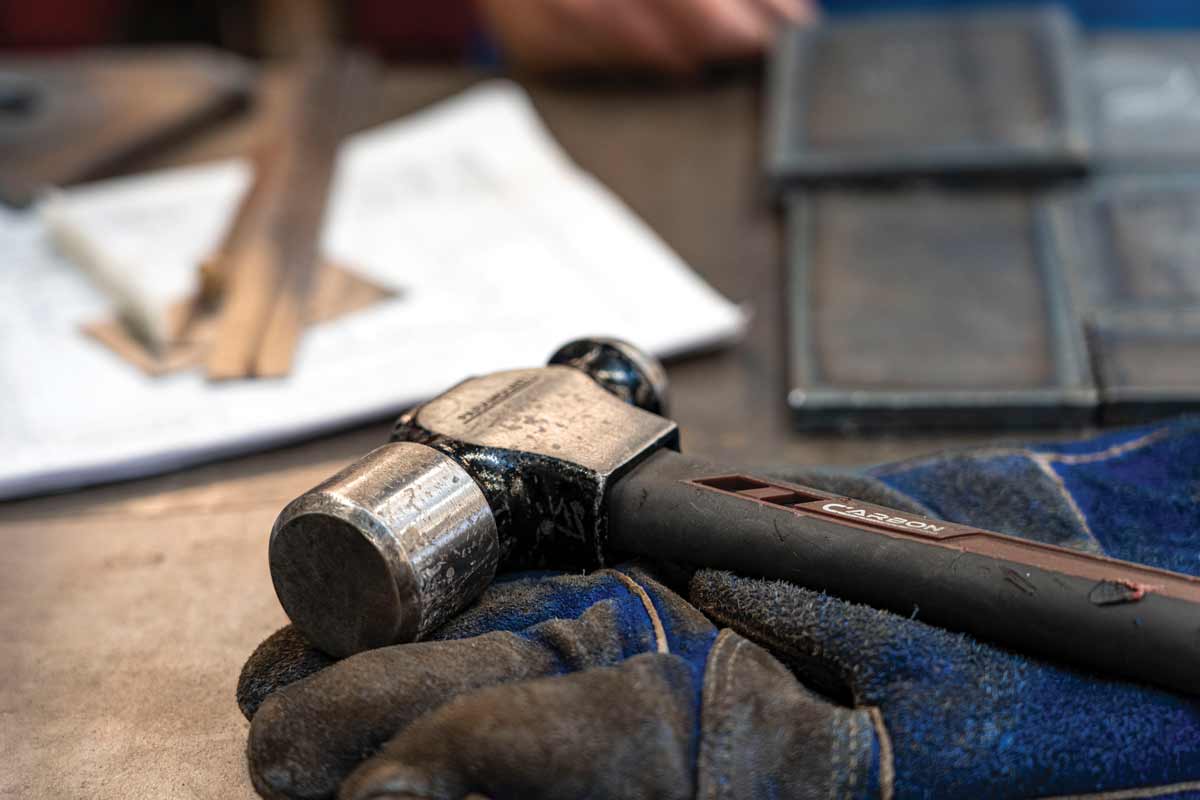
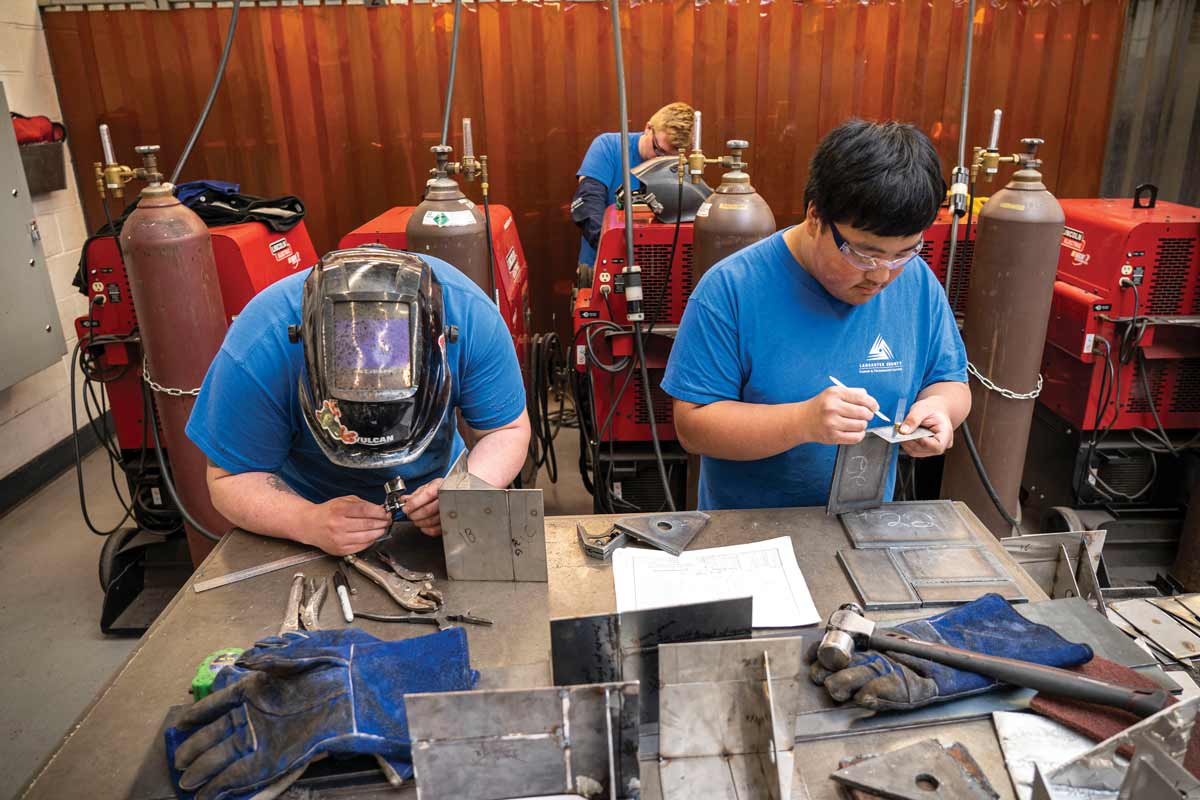
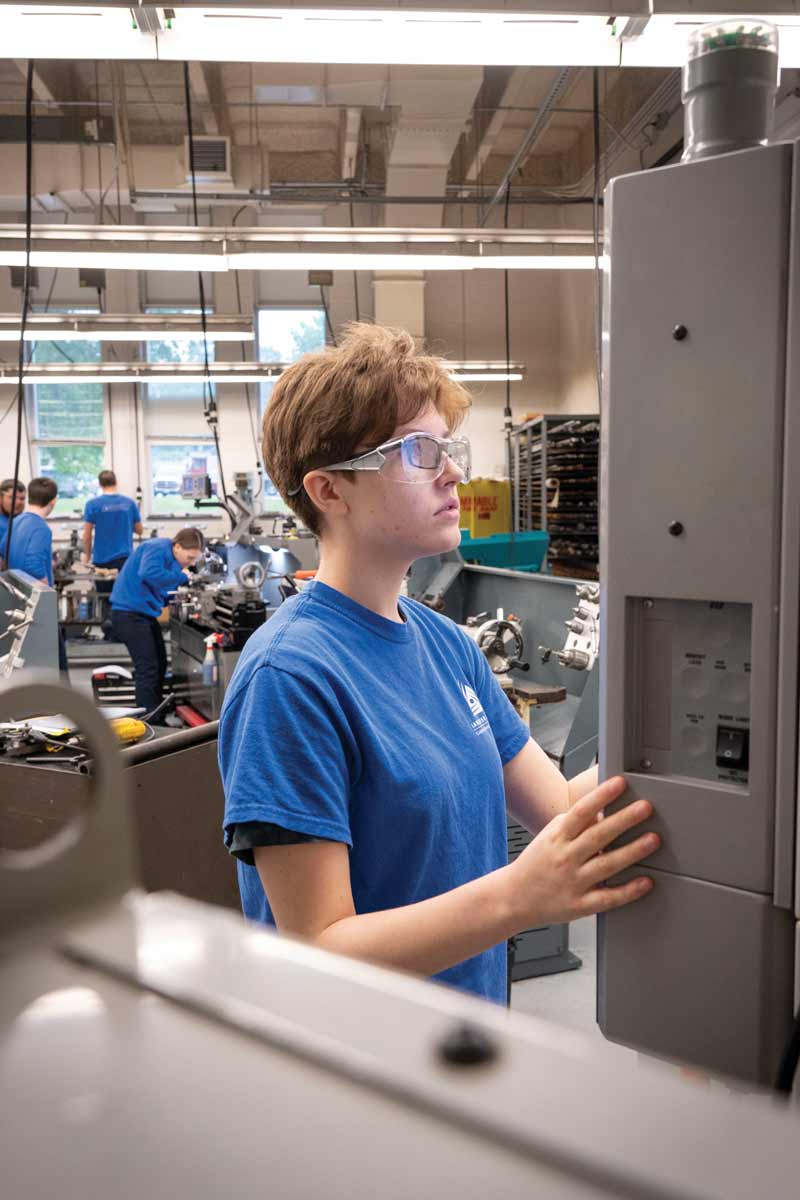
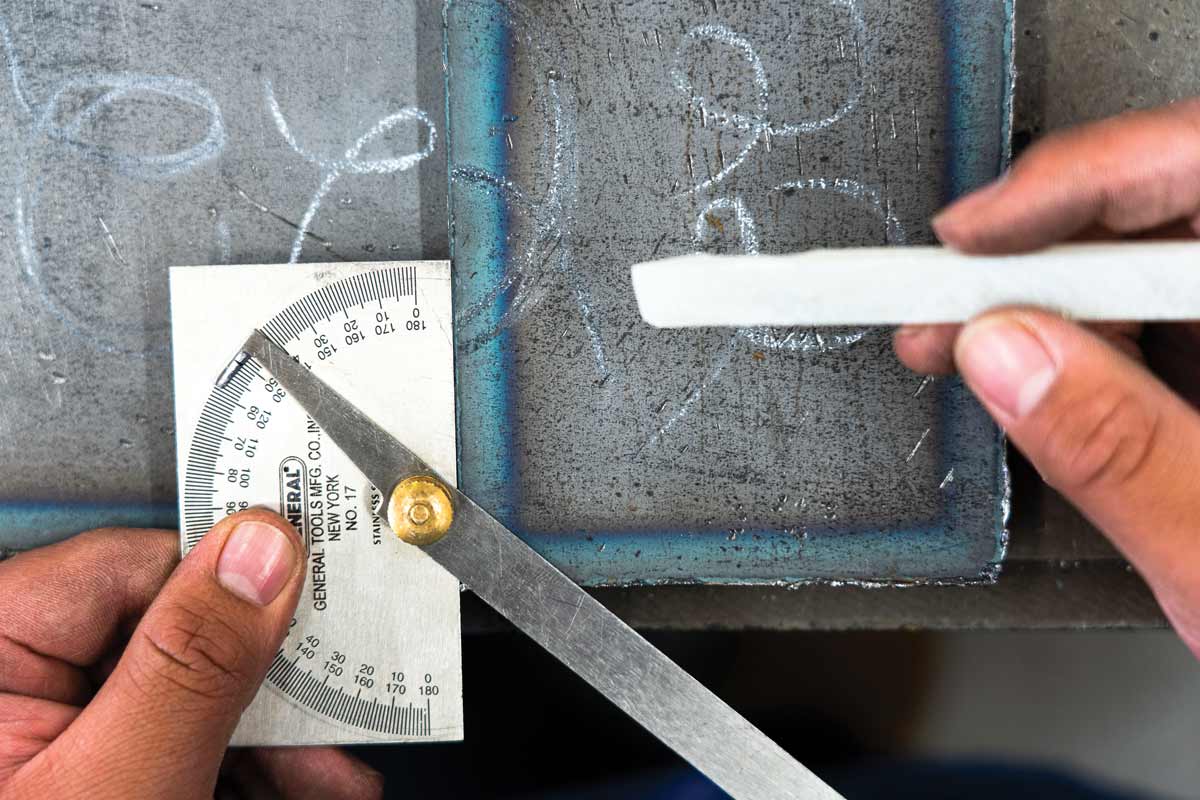

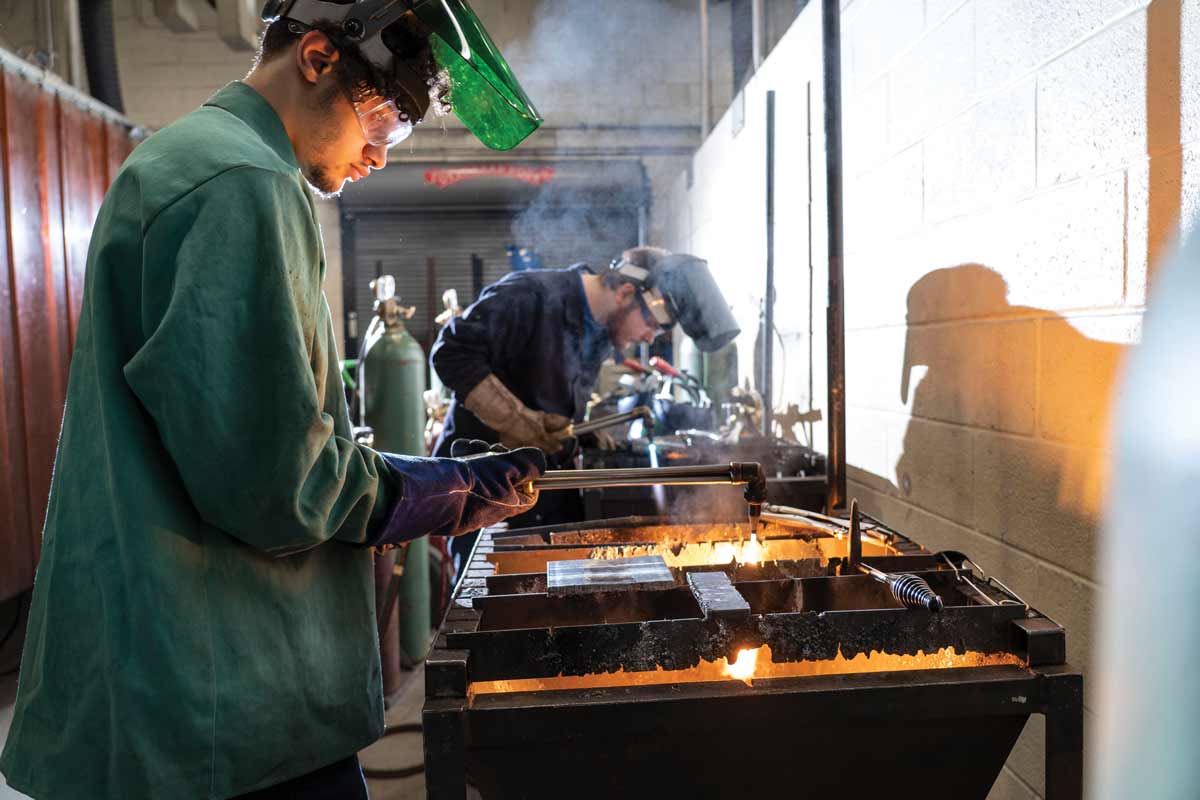
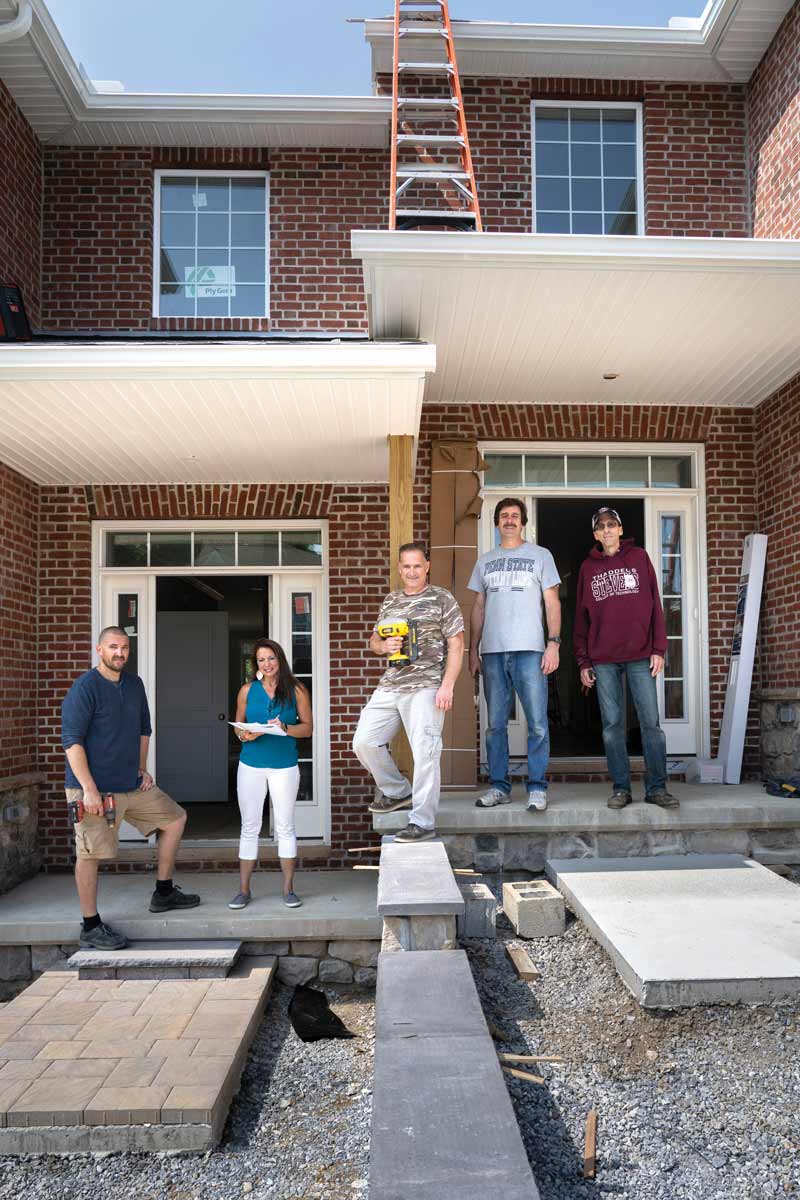

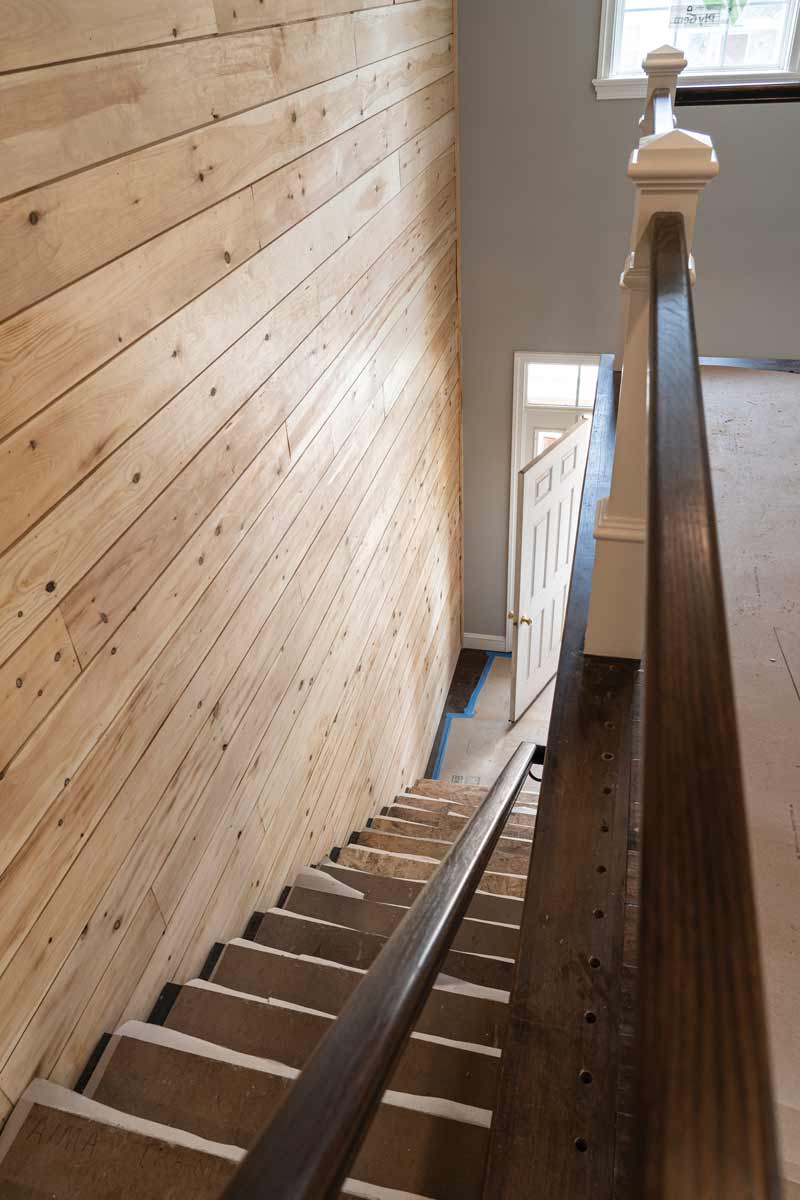




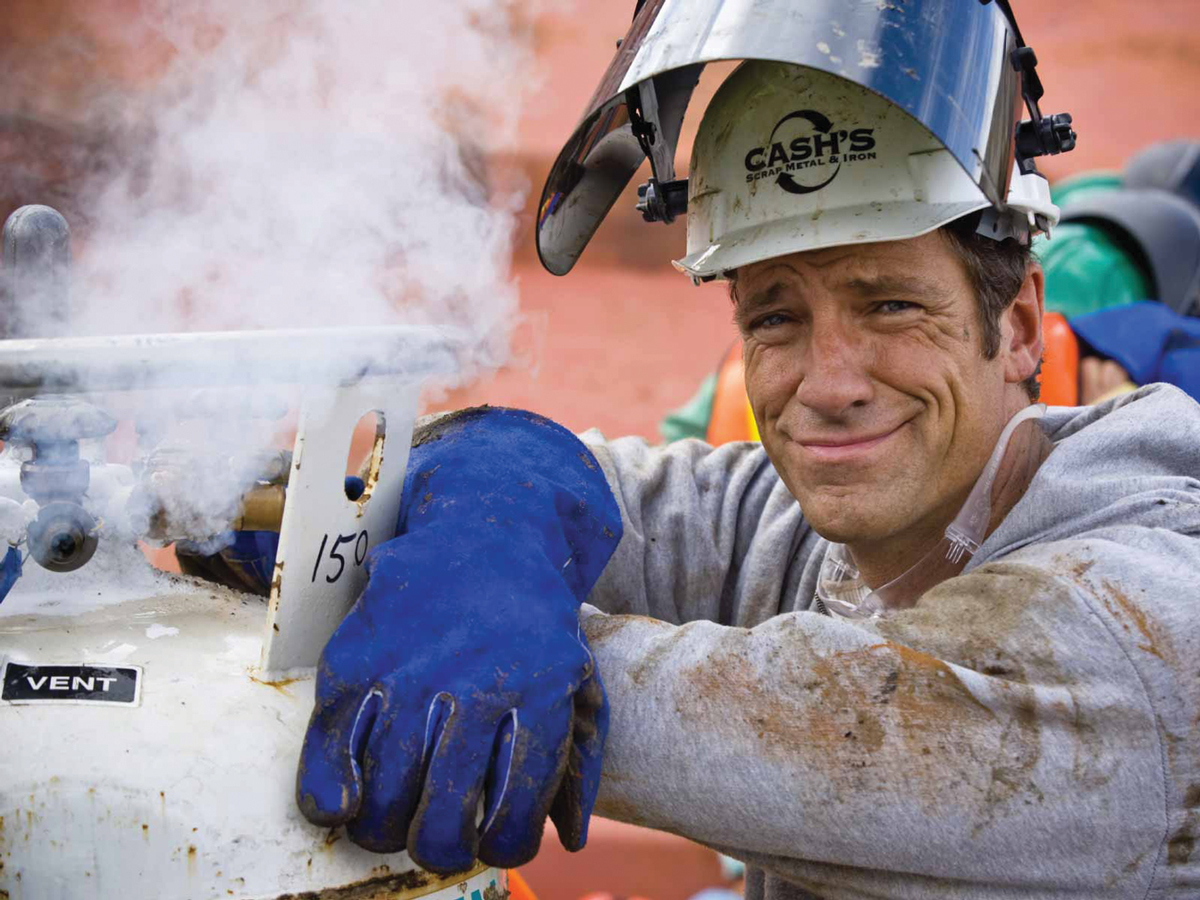

Great article Briana and Sue. I appreciated the attention given to Thaddeus Stevens and LCCTC and the value they are and will be as we continue to try to fill the labor void in the trades.